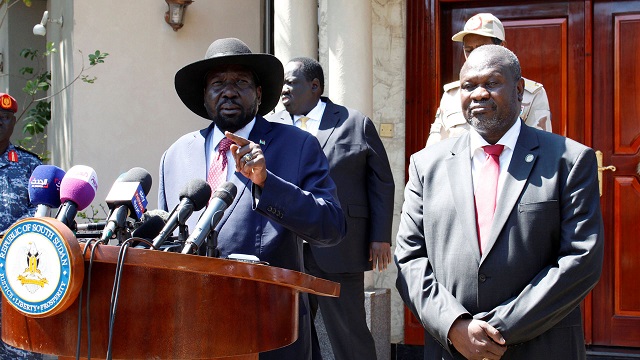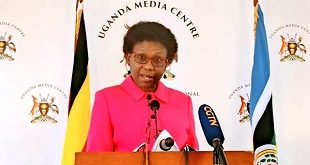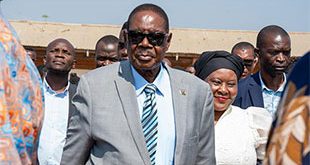
Juba, South Sudan | XINHUA | South Sudan on Friday approved the establishment of the long-awaited African Union Hybrid Court enshrined in the 2018 revitalized peace deal to try war crimes committed during the more than six years of conflict.
Michael Makuei Lueth, Minister of Information and Broadcasting said the cabinet has authorized Rueben Madol, Minister of Justice and Constitutional Affairs to start the process of establishing the Hybrid Court.
“Cabinet authorized him (Madol) to start the process of establishing all these institutions in accordance with the provision of the peace agreement,” Makuei told journalists in Juba after the weekly cabinet meeting.
Chapter 5 of the peace deal signed by President Salva Kiir and First Vice President Riek Machar calls for the establishment of the Hybrid Court, transitional justice, accountability, reconciliation and healing institutions.
The UN panel of experts on South Sudan has on several occasions accused the government of delaying and obstructing the process of establishing the Hybrid Court.
The court once set up will be constituted by both South Sudanese and judges from other African countries.
South Sudan is currently struggling to implement key aspects of the 2018 peace deal, like the training and unification of both opposition and government troops.
The necessary unified forces estimated to be around 83,000 personnel are expected to take charge of security during the transitional period.
Charles Tai Gituai, chairperson of the Revitalized Joint Monitoring Evaluation Commission (RJMEC) which monitors the fragile peace deal said on Thursday that the peace process has stalled citing delays in the graduation of the unified forces.
He disclosed that the intermittent clashes witnessed in the Central Equatoria state since September 2020 between the South Sudan army (SSPDF) and Sudan People’s Liberation Army-In-Opposition (SPLA-IO) threaten the fragile ceasefire that has been largely holding since 2017.
South Sudan descended into conflict in December 2013, following political disagreement between President Kiir and his deputy Riek Machar, leading soldiers loyal to the respective leader to fight.
The 2015 peace agreement signed to end the conflict collapsed in the aftermath of renewed violence that broke out in July 2016, forcing Machar to flee the capital.
****
XINHUA
 The Independent Uganda: You get the Truth we Pay the Price
The Independent Uganda: You get the Truth we Pay the Price



